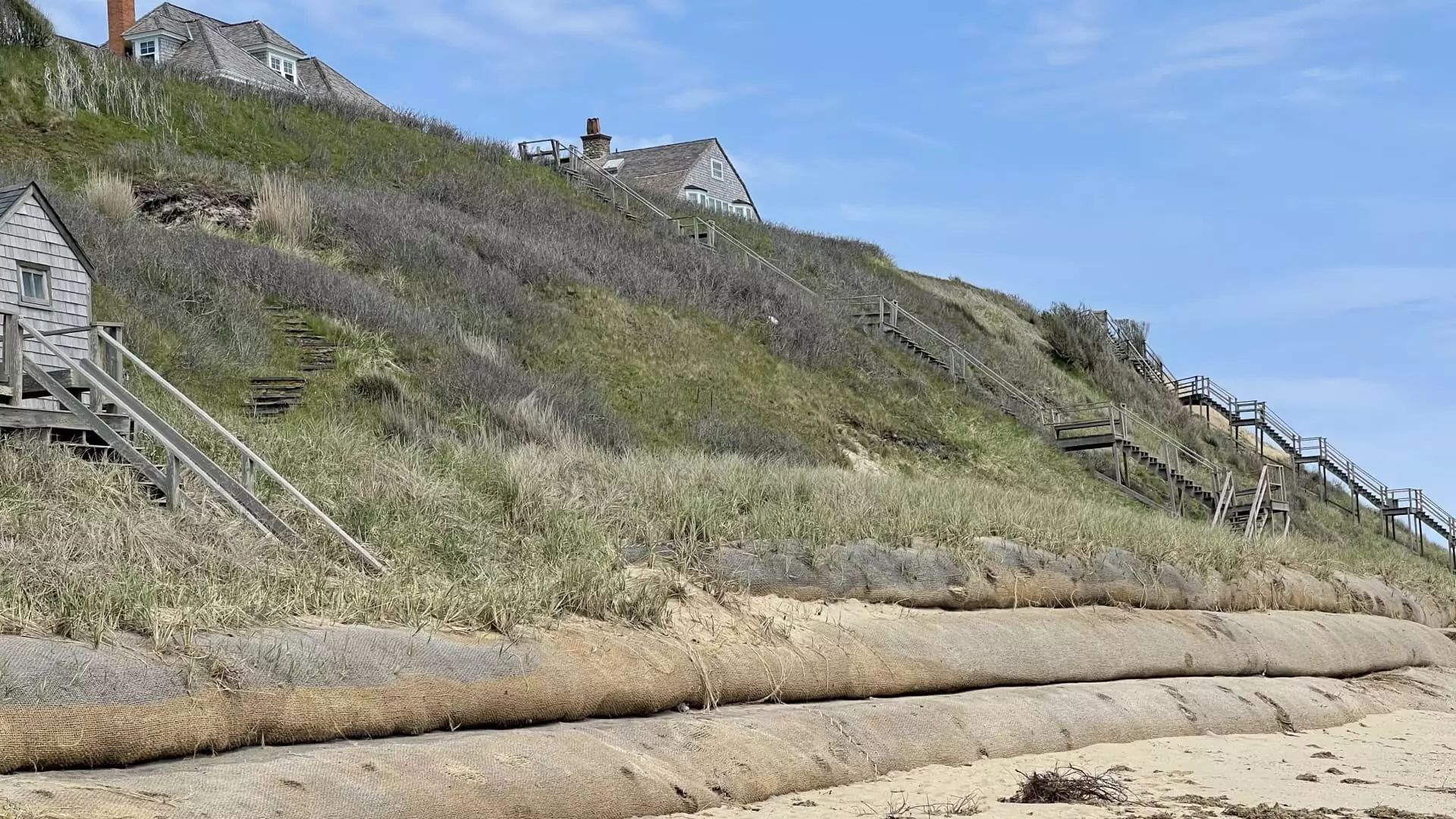As sea levels continue to rise and storms become increasingly intense, coastal real estate is facing unprecedented challenges. From Nantucket, Massachusetts to Montauk, New York, some of the nation’s most expensive beachfront properties are at risk of flooding and erosion due to the impacts of climate change. The National Oceanic and Atmospheric Administration (NOAA) has already predicted an “above-normal” hurricane season this year, with potentially devastating consequences.
Impact on Real Estate Values
The effects of climate change are already being felt in the coastal real estate market, with properties experiencing a decline in value at a faster rate than expected. A Nantucket home that was listed for over $2 million last summer sold for just $600,000, after losing 70 feet of beachfront due to sea level rise and intense rainfall. Similar stories are emerging across coastal communities, with multimillion-dollar homes losing significant value as a result of erosion and flood risks.
Challenges for Homeowners and Real Estate Agents
Real estate agents like Shelly Lockwood are now facing the difficult task of repricing properties at risk of erosion and flooding. Lockwood launched a seminar to educate fellow agents on how to assess the risks associated with coastal properties and adjust prices accordingly. Homeowners are also struggling to cope with declining property values and the potential loss of their most valuable asset.
Economic Implications
The decline in real estate values poses a significant economic threat to coastal communities. With a combined 77,005 properties at significant flood risk and potential losses amounting to $100 billion, local economies could suffer as property taxes decrease and the overall value of coastal real estate declines. This could lead to an increase in taxes for all residents in an effort to make up for the lost revenue.
Attorneys and government officials are working together to address the challenges faced by homeowners in coastal areas. Efforts to reduce property taxes and develop strategies for mitigating the impacts of climate change on real estate values are underway. Communities like Nantucket and Montauk are reassessing their coastal resilience plans in light of the new threats posed by climate change, with a focus on protecting vulnerable properties and ensuring the long-term sustainability of their coastal areas.
The future of coastal real estate in the face of climate change remains uncertain. As sea levels continue to rise and storms become more severe, the challenges facing homeowners, real estate agents, and local governments will only intensify. Finding sustainable solutions to protect coastal properties and ensure the economic viability of these communities will be crucial in the years to come.


Leave a Reply